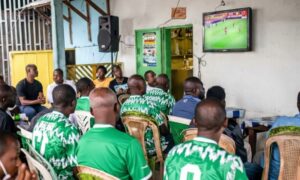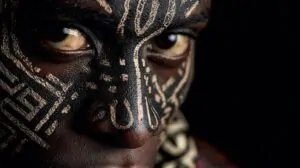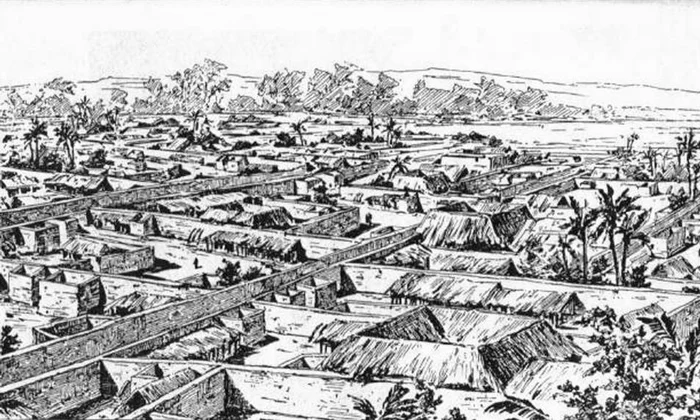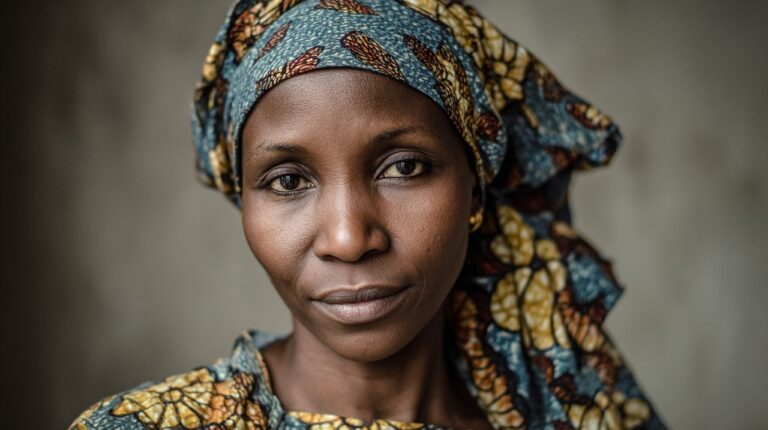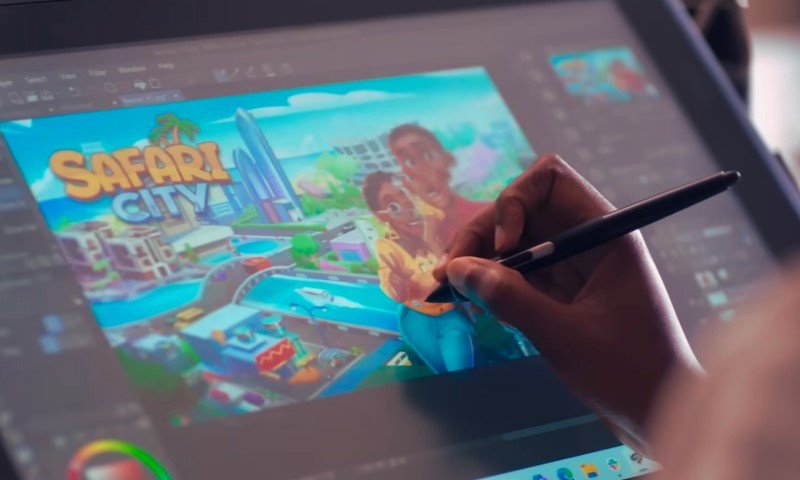
Africa’s game development scene sits in a different place today than it did a decade ago. Many teams across the continent are no longer treated as novelty stories. They are developing original IP with clear creative intent, porting to major consoles, landing publishing deals, and showing that production discipline is not limited to studios in North America, Europe, or East Asia.
Table of Contents
ToggleA growing player base supports that shift. Le Monde reported the move from 77 million players in 2015 to 186 million in 2021, driven mainly by smartphone access, and Newzoo data cited by Le Monde projects that African game sales crossed a billion dollars in 2024. Monetization patterns still depend on mobile realities, but the market is clearly maturing.
The ten studios below come up frequently in credible reporting, verified release histories, platform announcements, and industry conversations. Each of them has shipped something concrete, built credibility through international relationships, or carved out a repeatable model that other African teams can learn from.
A Quick Look
| Studio | Base | Notable focus | Why it matters globally |
| Kiro’o Games | Cameroon | Aurion universe and PC to console pathways | Clear console milestone, cultural fantasy worldbuilding, platform support |
| Maliyo Games | Nigeria | Everyday-life games and branded projects | Disney-linked collaboration and scalable mobile strategy |
| Leti Arts | Ghana and Kenya | Culture-rich games and comics | Long-running cross-media pipeline and international industry presence |
| Usiku Games | Kenya | Social impact and mobile-first titles | Visibility in global mobile media, active ecosystem role |
| Jiwe | Kenya | Afrocentric sci-fi narrative | International coverage tied to an African-produced narrative project |
| Nyamakop | South Africa | Semblance | Verified Nintendo breakthrough for a South African studio |
| Free Lives | South Africa | Broforce and international publishing | Proven storefront success and consistent indie production |
| The Brotherhood | South Africa | STASIS series | Multilingual releases and disciplined niche craft |
| Qene Games | Ethiopia | Kukulu, Gebeta | Early mover advantage and mobile-friendly African worlds |
| Junub Games | South Sudan diaspora-linked | Salaam | Strong international validation in social impact gaming |
| 24 Bit Games | South Africa | Technical co-development | Global acquisition signals technical leadership |
1. Kiro’o Games (Cameroon)
Kiro’o Games regularly appears in international reporting because it checks several hard boxes at once. It has an original world, Aurion, rooted in African-inspired fantasy.
That world reached console players, which Le Monde frames as a meaningful industry milestone. The studio also works on modern settings, such as “The Elite of Mboa,” which uses satire to explore themes around governance.
A major reason Kiro’o stands out is its alignment with platform ecosystem support. Microsoft’s ID@Xbox Developer Acceleration Program directly reduces porting friction. For a studio in a region where direct console revenue is limited, access to global console economies can dramatically raise practical revenue potential.
Exposure on large gaming platforms, whether traditional storefronts or audience-driven sites like GG.BET helps smaller studios gain early traction.
Takeaway
Creative ambition alone is not enough for global traction. Distribution matters. Kiro’o’s path shows that console visibility, curated storefront placement, and structured platform support can speed up a studio’s climb far more than organic reach alone.
2. Maliyo Games (Nigeria)
Maliyo Games builds around everyday cultural contexts. Their games often center around recognizable local life: neighborhood humor, day-to-day adventures, and social dynamics. What elevates their position is not only cultural grounding but also the scale of their collaborations.
The Africa Games Industry Report notes that Maliyo developed “Disney Iwájú: Rising Chef” in partnership with Disney and Kugali. A branded project tied to a global franchise brings immediate discoverability benefits. It shifts how publishers evaluate a studio, because the conversation moves toward future potential instead of basic reliability.
Takeaway
African studios can reach global audiences without removing cultural identity. Maliyo demonstrates a viable route: combine culturally grounded design with partnerships that carry marketing momentum.
3. Leti Arts (Ghana and Kenya)
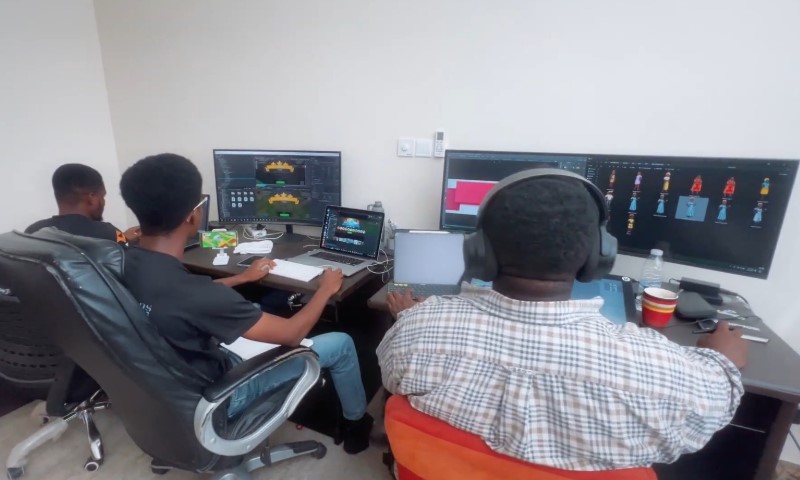
Leti Arts is often framed as a pioneer, with roots going back to 2009. NVIDIA has profiled the team’s approach, highlighting their commitment to African stories told through both games and digital comics. The studio uses culture as a creative lens but also as a structural production foundation.
Leti Arts remains active in global industry spaces. Reporting from RFI places the studio at Gamescom, searching for publishers for “Karmzah,” which signals a studio comfortable pitching in highly competitive environments. D+C Development and Cooperation adds a broader view, describing Leti Arts as an early sub-Saharan studio navigating the typical challenges of funding and infrastructure.
On a business level, Leti Arts reflects a pattern common across successful African studios. Original IP is balanced with client work, applied game design, education projects, or government partnerships.
Takeaway
Longevity in Africa’s game industry often depends on revenue diversification and cross-media consistency. Leti Arts shows how to maintain a cultural mission and creative output while managing financial realities.
4. Usiku Games (Kenya)
Usiku Games blends entertainment and social purpose. Their presence in the broader rising wave of African studios highlights the demand for culturally relevant games.
PocketGamer interviews show the studio engaging directly with global mobile gaming conversations. The Atlantic Council documents their release of “Cyber Soljas,” a mobile adventure centered on online safety.
Even if a studio focuses mainly on mobile experiences, platform-led programs create new hiring pipelines and raise the baseline for global competitiveness.
Takeaway
Usiku proves that social impact games can reach international attention when tied to real design craft and strong outreach. They also remind new studios to treat mentorship and ecosystem programs as practical accelerators rather than side activities.
5. Jiwe (Kenya)
Jiwe earned international attention through “Usoni,” a sci-fi concept set in a future where Africa becomes a refuge. Wired’s reporting emphasizes that “Usoni” was produced in Africa, highlighting the determination required to execute narrative sci-fi under conditions that do not resemble traditional game hubs.
The value of Jiwe’s presence in the global conversation lies in perspective. Many global markets already have abundant dystopian stories, space operas, and cyberpunk variations. A project like “Usoni” gains traction because it reframes familiar genre ideas through a distinctly African lens.
Takeaway
Teams that create genre pieces grounded in an African perspective can stand out internationally without relying on niche novelty. Authenticity becomes a differentiator.
6. Nyamakop (South Africa)
Nyamakop is often linked to one of the clearest platform breakthroughs by an African studio. Engadget reported that Semblance became the first South African game on a Nintendo console.
Polygon covered its release on both Switch and PC. That single verified milestone built a long-lasting foundation of credibility.
Platforms pay close attention to successful firsts. Once a studio proves it can meet technical standards for a major console, future conversations with platform holders change. It becomes easier for newer projects to be considered for inclusion on curated storefronts, console programs, or festival showcases.
Takeaway
A well-executed platform milestone can reshape a studio’s international perception for years.
7. Free Lives (South Africa)
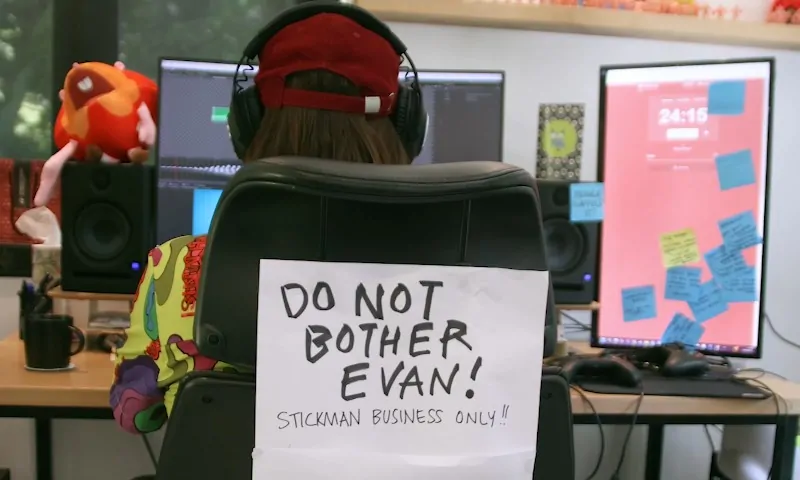
Free Lives operates with the reliability of top global indie studios. Their Broforce press kit shows a clear release history, platform coverage, and a well-documented identity as a Cape Town team.
Their Steam presence confirms global distribution. They also maintain strong publisher relationships, which helps with marketing, QA support, and platform negotiation.
Takeaway
A consistent shipping rhythm builds international trust. Free Lives illustrates how steady releases, solid publishing relationships, and clean production pipelines create long-term global impact.
8. The Brotherhood (South Africa)
The Brotherhood is known for atmospheric, narrative-driven horror and point-and-click adventures. Their STASIS: BONE TOTEM press kit lists Cape Town as their base and shows a detailed release timeline.
The Steam page confirms multi-platform availability and broad language support. Independent reviews portray the team as one with mastery in its genre.
Localization is a major part of their strategy. The team regularly ships with multiple language packs, which makes smaller genres more viable globally.
Takeaway
Localization and platform breadth matter for niche studios aiming at international audiences. The Brotherhood offers a clear, repeatable model for ambitious narrative teams.
9. Qene Games (Ethiopia)
Qene Games brands itself as Ethiopia’s first game development studio. Their titles, such as Kukulu and Gebeta, are designed around mobile-first principles that align with device and payment realities in Ethiopia.
Their global positioning comes from being an early mover in a market with limited game development infrastructure.
Media profiles highlight Qene’s commitment to producing African-themed games with global polish. Their work also attracts attention from NGOs and international partners seeking culturally rooted interactive experiences.
Takeaway
Being early in an underserved ecosystem can give a studio long-term influence beyond individual titles. Qene’s presence helps shape Ethiopia’s talent pipeline.
10. Junub Games (South Sudan diaspora-linked)
Junub Games built global awareness through “Salaam,” a title tied to the refugee experience. A UN Regional Information Centre profile explains the game’s mission and intent. Euronews and Harvard-linked discussions position Junub founder Lual Mayen as a prominent voice in gaming for social good.
Junub focuses less on commercial scale and more on cultural presence and platform partnerships. That approach opens doors in policy circles, international NGOs, and global innovation communities.
Takeaway
Global impact can take many forms. Studios like Junub show how games tied to empathy and conflict awareness can reach powerful global platforms even without large revenue streams.
11. 24 Bit Games (South Africa)

24 Bit Games is not known primarily for original IP. Instead, it built a strong reputation as a technical support and co-development partner. Forbes and GamesBeat coverage of Annapurna Interactive’s acquisition of the company underscores its value.
Annapurna expanded its interactive division by absorbing 24 Bit Games, a clear signal that the studio’s engineering capabilities met world-class standards.
Takeaway
African studios can scale globally by becoming essential technical partners. Not every team needs a flagship IP to become strategically important.
Patterns Seen Across Africa’s Most Globally Visible Studios
Most African players use smartphones, and payment systems often limit premium game purchases. Consumer habits continue to favor mobile contexts. Successful studios tend to focus on:
- Free-to-play and hybrid monetization
- Low device requirements
- Short session loops
- Regional payment constraints
Platform Programs Speed up Growth
Microsoft’s developer acceleration initiatives and Game Camp Africa events play a strong role in raising production standards.
Structured mentorship, porting support, and network access can reduce development risk and shorten the path to console or PC storefront visibility.
Final Thoughts
Africa’s most influential studios are not defined by where they are based, the same is with cartoon creators. They are defined by what they ship, how reliably they operate, and their willingness to combine cultural identity with practical commercial strategy.
Some lean on mobile markets, others focus on console breakthroughs, and some pursue social impact as their global calling card. Each one contributes to an industry that is far more capable and globally relevant than the early narrative of “emerging talent” ever suggested.
The next wave of African studios will learn from these patterns. They will build around mobile-first realities, pursue international partnerships with confidence, invest in distribution networks, and treat cultural specificity as a design advantage rather than a constraint.
Related Posts:
- Why West Africa’s Entertainment Scene Is a Global…
- 7 Best Ghanaian Musicians Breaking Into Global Charts
- Traditional West African Plants Still Used in Global…
- Afrobeat Is Taking Over Global Charts in 2025: Here…
- 12 Best West African Destinations That Deserve a…
- 10 Best Football Clubs in Ghana Everyone Should Know



